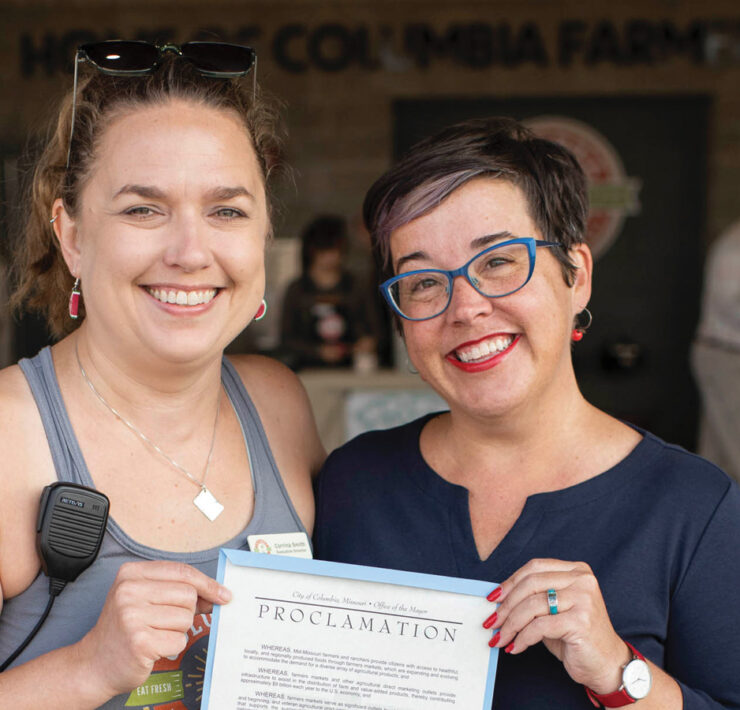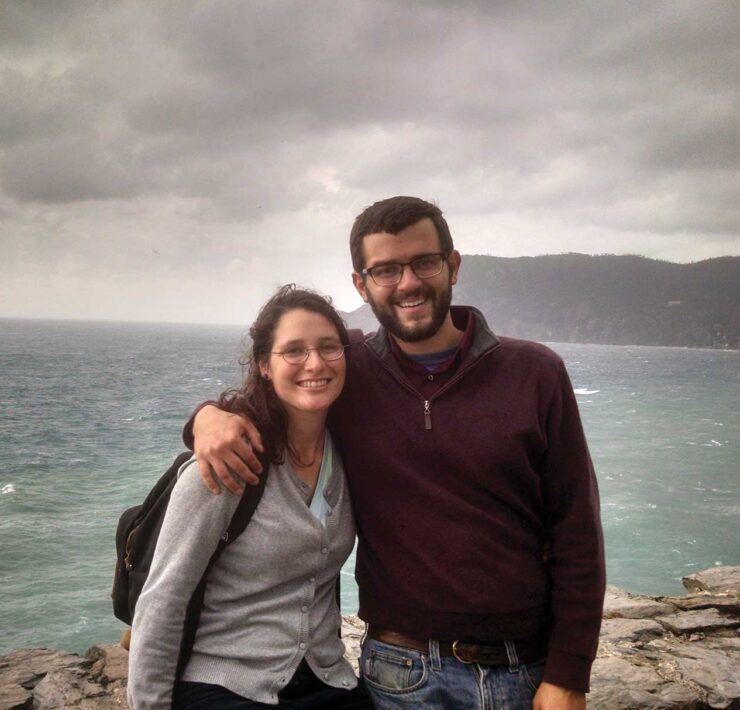Chris Kelly, Missouri House of Representatives
 You’ve represented the citizens of southern and western Boone County in the Missouri Legislature for nearly three decades. What made you decide against running for another term?
You’ve represented the citizens of southern and western Boone County in the Missouri Legislature for nearly three decades. What made you decide against running for another term?
I’ve had unusually good success for a member of the minority party, but I’m still frustrated to see the needs of the state not being met. Both sides have become so polarized that there’s less room for compromise — and that’s where things get done. Even though the republicans have a two-thirds majority, there’s a lot they can’t get done because the ideas are so extreme, and the state is not that extreme, and you have to be where the people are.
Also, term limits have been such a drain on the legislature. They didn’t make power go away; they just transitioned the power from elected people to staff, bureaucrats, parties and lobbyists. The people who are elected don’t have the time or experience and in too many cases are not willing to put in the work necessary to make up for that lack of experience. A whole lot of them are starting with their own conclusions and finding the facts that support their conclusions rather than making their conclusions based on fact. And that’s really destructive.
In 2013, you mentioned that one significant factor in your decision not to run for another term was the lack of seriousness in the legislature. Can you outline what you mean by this, and what it might take to curb this issue?
One example of the lack of seriousness was a recent important agriculture bill. The Republicans felt it necessary to put the issue of captive deer in that bill, which transferred the regulation of deer from the conservation department to the agriculture department. Now, that’s never going to become a law, and Gov. Jay Nixon rightly vetoed it. Instead of facing that and passing a good dairy bill, they’d rather fight about what they can’t pass than make progress on what needs to be passed. It was a real shame to see that bill fail because of those extremes. And there’s a lot of that.
Obviously, that lack of seriousness is not something you will miss. But what will you miss?
I really like both the people and the process. When I came back, I found that I liked the people who served now even more than before. Before, most representatives were older than me, and now most are younger. Before, most representatives were Democrats, and now most are Republicans. I really enjoy the kind of people who are willing to serve in the legislature. I’ve made lots of longtime friends. I like the process; when it works well, it’s a pleasure to be a part of it, the give and take of hammering out something that works. The hands-on democracy, I enjoy that. It was the most important work of my life, and I will miss it.
What do you hope to see from Kip Kendrick when he takes your spot in the House?
I have no fear that he won’t do his work and, most importantly, that he’ll evaluate the facts in front of him and discard his own biases. Everyone in the legislature comes in with biases, and some of those are false. Liberals and conservatives both have them. You have to be willing to cut loose of own false biases, and I think Kip will do that.
Throughout your nearly three-decade tenure, you were consistently a champion for higher education and the University of Missouri. What do you think will be the future of those topics in the legislature? Who, if anyone, will act as the next champion for the university?
I’m extremely concerned. Over a 20-year period, the legislature has consistently underfunded and failed to meet its obligation to fund higher education in Missouri, particularly at MU. You can’t have a vibrant economy without a major research university. I think we are in danger of losing AAU status (That was a huge blow to Nebraska, when it lost its AAU status.) But people haven’t been around long enough to perceive that that’s important. People say professors don’t teach very much, but that’s not true, and when it is true, they’re still doing vital research in a whole lot of important areas.
There are very few things that are more important than funding higher education, but one of them is Medicaid expansion. Nothing in the legislature is more important to Columbia and the university than supporting Medicaid expansion.
Of all you did during your time in the Missouri Legislature, what would you say was your greatest legacy? Your greatest accomplishment?
I have three different answers. No one will understand or perceive the most important thing I did, which was the passage of the federal reimbursement allowance. We were the first state in the nation to do it. It was my legislation, and it completely changed the way that Missouri, and other states following our model, funded medical care in America. It had ramifications across the country and meant more than $15 billion to Missouri over the years. In my previous terms, the most important achievements were the establishment of the Katy Trail, and the other was durable power of attorney for health care. Since I’ve been back, the two most important have been the passage of the bill to establish the Missouri Psychiatric Center and the passage of legislation to fund a new engineering school. The first was a $14 million project and the other, $38.5 million.
Where are your former constituents most likely to run into you next? In a local coffee shop, a park with your grandkids or running for another political office? Basically, what’s next for you?
They’ll have to look on some rivers because I’ll be doing a lot of canoeing. I’m also interested in the development of a Katy Trail spur on the east side of town. If you think about it, the city park, where Maplewood Barn is, is very close to A. Perry Philips City Park, across street from a Department of Conservation plot of land, and almost connects to Rock Bridge State Park, which touches the Katy Trail. I think a spur up that side to the Columbia MKT Trail would be wonderful, not only for outdoor recreation but also for economic development.





